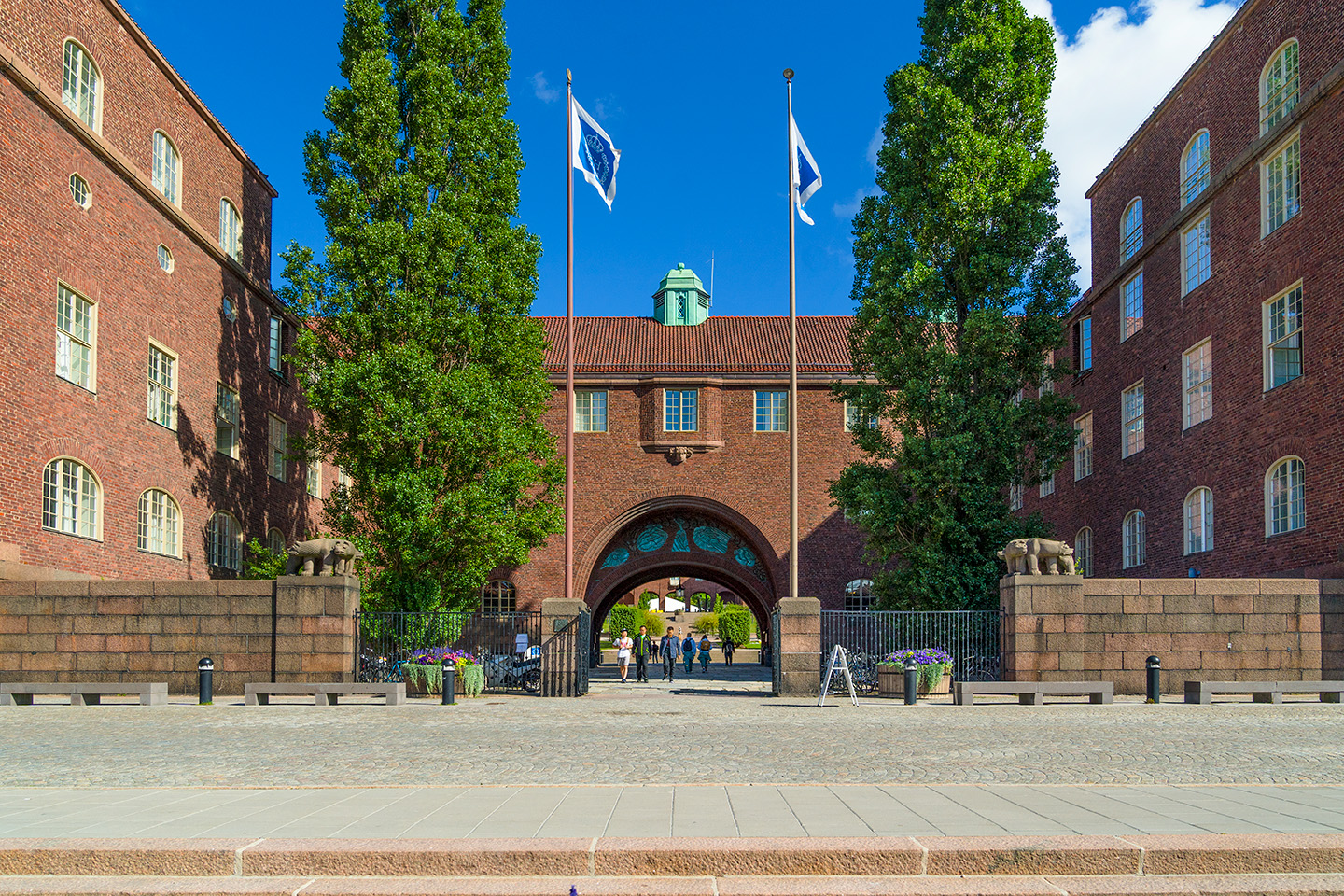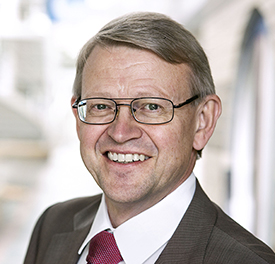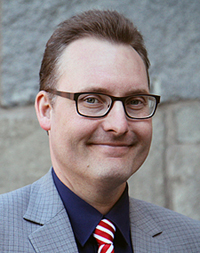KTH comes out strong in QS subject and faculty rankings

In the latest QS World University Rankings by Subject and by Faculty, KTH Royal Institute of Technology has placed high in key areas.
Of the 14 subjects at KTH that the QS ranked in 2020, eight are listed in the top 50. Five of these subjects have advanced in ranking position compared with 2019. Four KTH subjects are in the top 30; and Architecture/Built Environment is in the top 20 for the first time.
In the QS Rankings by Faculty, KTH Engineering & Technology has advanced from positions 36 to 30, and Natural Sciences has moved up from positions 90 to 84.

Changes from year to year are usually less significant than they appear, says Per-Anders Östling, Senior Administrative Officer in Planning and Quality Assurance at KTH. Nevertheless, he says the numbers highlight an important fact. “Even if you consider these rankings with a pinch of salt, the results show that KTH's research and education are viewed favorably within these subjects internationally,” he says.
Rankings reflect not only the quality of research, but its dissemination, says KTH Deputy President Mikael Östling. “The quality is key,” he says, “It’s number one, two and three – then we have to make sure everyone understands what we’ve done.”
Also reflected in the changing positions is the fact that competition gets tougher year after year, Deputy President Östling says. “It takes a lot of effort to keep a position in the rankings, and we can see that we’ve actually gained in five of the top eight subject fields,” he says. “That’s because in these areas of research the work is of a high quality, it’s relevant, and we have tried to raise its visibility the best we can.”
The latest positions, compared with 2019, were:
Electrical & Electronic Engineering: 17 (+2)
Architecture/Built Environment: 20 (+3)
Materials Science: 27 (-1)
Mechanical Engineering: 29 (-3)
Statistics & Operational Research: 37 (+2)
Math: 38 (+6)
Civil & Structural Engineering: 42 (+1)
Computer Science & Info Systems: 43 (-2)
Per-Anders Östling explains that changes in placement depend on how the respective universities perform in reputation measurements and in terms of bibliometric performance. Dramatic shifts in the rankings are often due to changes in methodology.

“QS has worked quite a bit to get as small shifts as possible in terms of results, but the longer you come from the top the more unstable the results,” he says. “A difference of 10 to 20 positions may be due to decimals by the time you reach position 70.”
However, a high ranking position indicates that universities have a strong international reputation with good research and education, he says.
David Callahan

